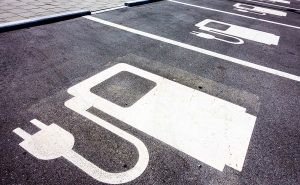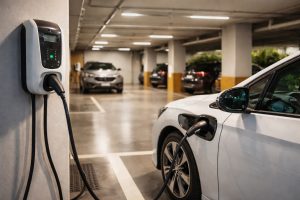
Greater Aggressiveness Needed in Electric Vehicles to Achieve Zero Emissions by 2050, Says IEA
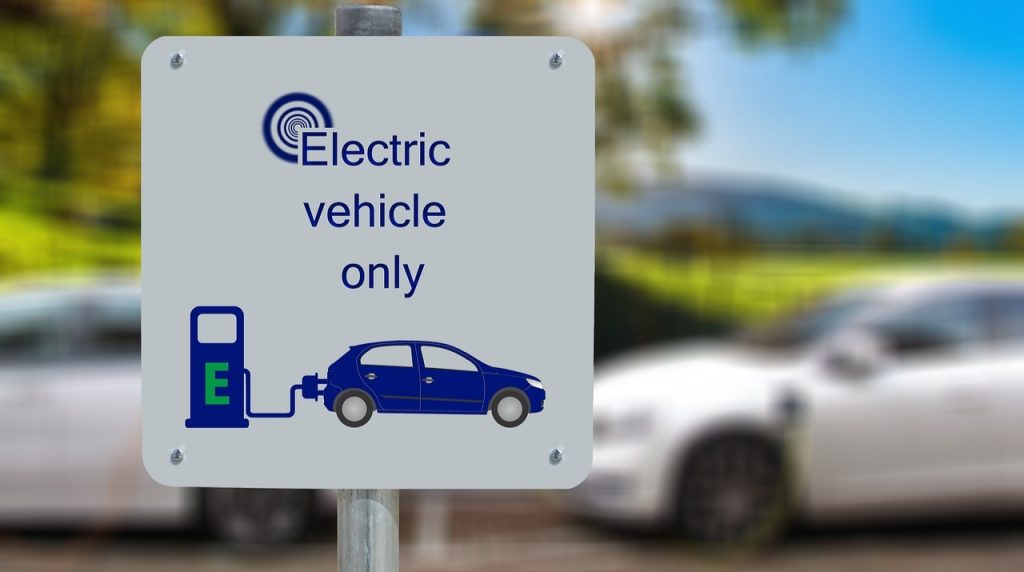
The greatest concern that has alarmed the scientific community for several years is the increase in global temperature.
Initially, the goal was to prevent it from rising by 2 degrees Celsius, but with the current pace of life, it has already increased by half a degree, putting more pressure on preventing the remaining 1.5 degrees.
The transportation sector can influence this goal through electrification, as it will reduce carbon emissions that heat the atmosphere.
Related Content: LG Takes Big Step in Technology to Lower Battery Costs
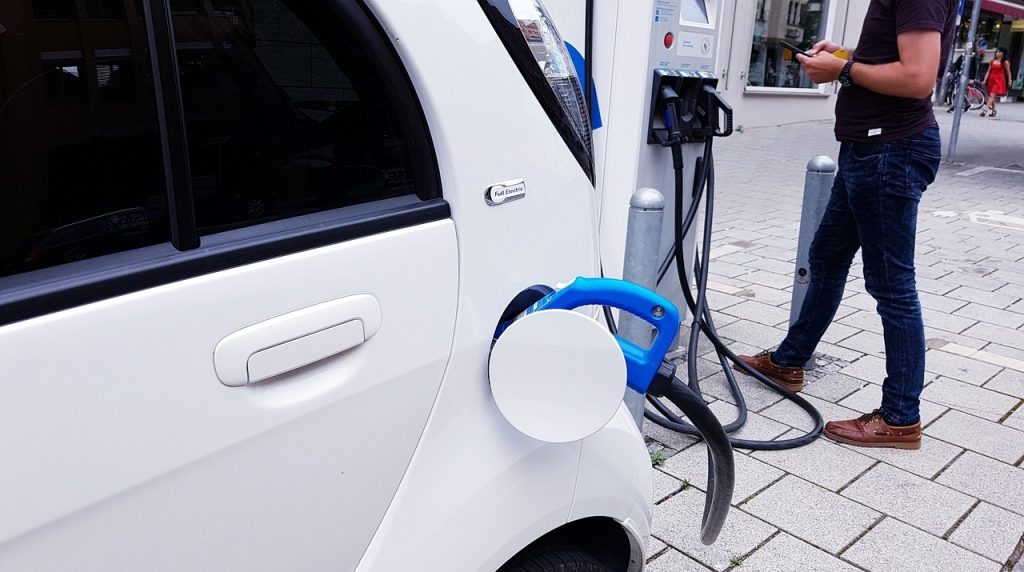
However, according to research conducted by the International Energy Agency (IEA), the current pace of the electrified market will not be sufficient to achieve zero emissions by 2050.
The IEA points out that this area needs to be pushed further, especially in the policies governing the commercialization of electric cars. Current procedures would boost sales to 200 million vehicles by 2030, a significant number but short of achieving sustainable goals.
Greater Action Needed
To achieve zero emissions by 2050, sales must reach 350 million units by 2030, leaving much work to be done to meet the temperature reduction necessary to prevent global warming from reaching a point of no return with life-threatening consequences on Earth.
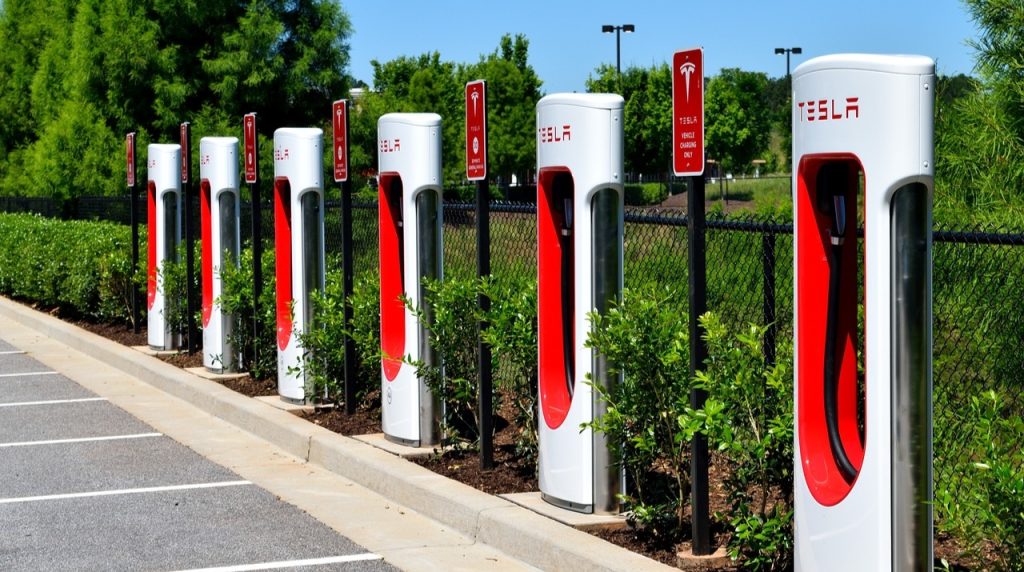
Although electric vehicles have long passed the acceptance stage and are currently sold in large quantities, charging infrastructure remains a challenge for greater mass adoption towards the decarbonization goal.
Finally, there is only one path to achieve this goal: increase the amount of charging infrastructure so that users feel increasingly comfortable and secure in travelling through cities without the risk of running out of charge.




